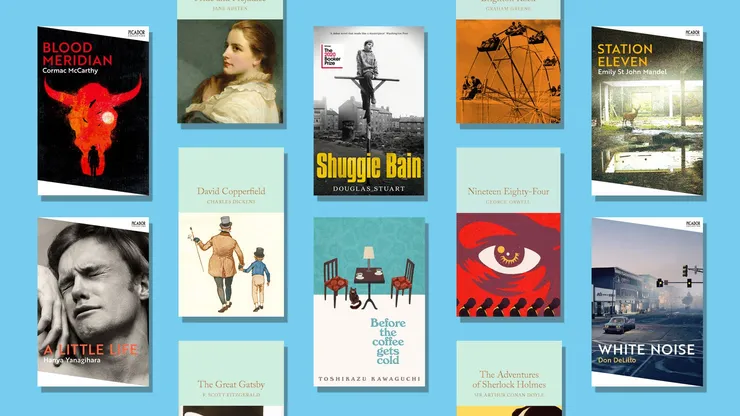Every week, our editors and pundits suggest the most spellbinding, prominent, splendid, interesting, and discussed books. Presently, as 2023 reaches a conclusion, we've picked twelve fundamental peruses in verifiable and twelve, as well, in fiction and verse.
1: The Bee Sting Books
Paul Murray's fourth novel is about the scariness of groundbreaking change. Its in excess of 600 pages utilize a pivoting structure: the four individuals from the Barnes family twelve-year-old PJ, his sister Cass, and his folks Imelda and Dickie alternate as storyteller. Incongruity, both scathing and elegiac, thrives in the information holes between characters. Over and over, subtleties return reevaluated or revived by another point of view. It's difficult to oppose Murray in his schoolyard mode, cleverly arranging geeks and menaces.
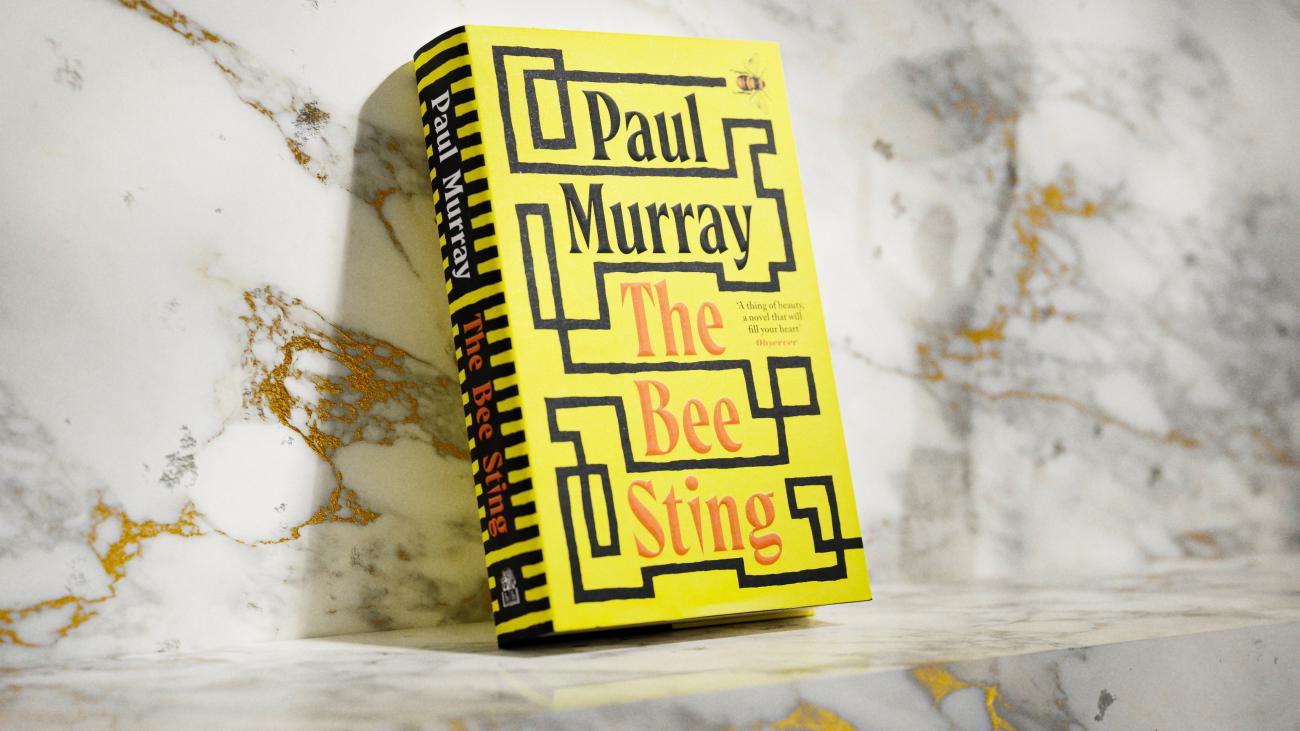
The sections including Imelda and Dickie are thornier, more misleading, and officially more aggressive, utilizing continuous flow to conjure the breaking force of sorrow and desire. Murray is keen on disavowal and how it at last neglects to contain our raucous connections and strange urgency. The horrendous value of such refusal is clear in the book's regular references to the environment emergency. As the book proceeds, the World's environment and the prophetically calamitous environment of the Barnes family show up nearly to consolidation, and what started as a transitioning adventure pulls in more odd and hazier powers.
2: Biography of X
In this perplexing, metafictional novel, an as of late bereft essayist leaves on a memoir of her late spouse, a mysterious craftsman, writer, and performer referred to just as X. As the essayist dives further into X's life and work recognized by X's propensity for embracing Cindy Shermanesque personae Lacey unfurls a surprising counter-history.
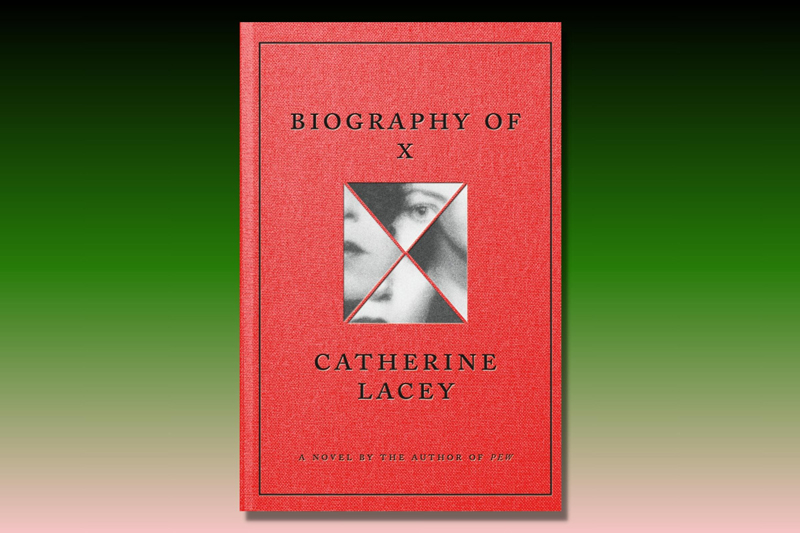
Wherein the US has recently reunified, having broken up, after WWII, into three states: one liberal, one freedom supporter, and one religious. All through, Lacey shrewdly mixes verifiable accounts X is seen writing tunes for David Bowie and going to openings with Richard Serra into her made up universe, making awkward associations between X's delicate world and our own.
3: Birnam Wood
Mira Hitting is the 29 year-old pioneer behind Birnam Wood, a lobbyist aggregate, in New Zealand, that illicitly establishes gardens on unused land. At some point, while illegal entering a huge ranch, she coincidentally finds Robert Lemoine, an extremely rich person drone maker who offers to fund the gathering. As a matter of fact, Lemoine has his own plan he's buying the homestead stealthily, to extricate uncommon earth minerals that will make him the most extravagant man in history however this is only the first of the clever's a huge number of hand.

The story, which at first gives off an impression of being an investigation of youthful, white liberals wrestling with the morals of taking Lemoine's cash, develops into a stunning story of misleading, misconception, and brutality. Catton, who turned into the most youthful champ of the Booker for her past book, "The Illuminating presences," needs to restore plot as a scholarly mode, and her book's greatest bend is that each decision matters, yet in manners we probably won't have expected.
4: The Country of the Blind
In this moving diary, Andrew Leland describes his excursion from sight to visual deficiency, following his always moving relationship to his lessening vision. Suspended between the universes of visual deficiency and sight he will before long lose his vision completely Leland investigates the set of experiences and culture of visual deficiency: its crossing points with medication, innovation, ableism.
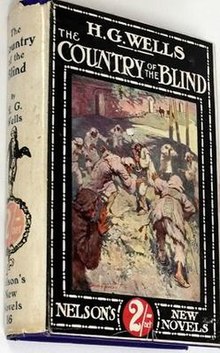
He goes to a private school for the visually impaired, where he wears conceals that block his vision, and figures out how to prepare dinners and go across roads. One previous understudy tells him, "Until you get significantly lost, and know it's inside you to get unlost, you're not prepared until you know it's anything but a crisis however a superb riddle.
5: A Day in the Life of Abed Salama
In 2012, a devastating car accident in Jerusalem left a school transport loaded up with Palestinian kids ablaze for over thirty minutes before crisis laborers showed up. In this narrative of the fiasco, Bondage, a Jerusalem-based writer, follows the dad of one of the people in question, and looks at the reaction to the accident inside the setting of present day Palestinian dispossession.

He portrays Israel's "design of isolation" including designated spots and byzantine travel rules which unnecessarily confounded the salvage, prompting a postpone that left "little, singed rucksacks" on the black-top. Bondage's record is a strong inspiration of a two-layered society that regards kids as likely warriors.
6: Fear Is Just a Word Books
In 2010, the Zeta drug cartel held onto control of San Fernando, Mexico, introducing a flood of kidnappings and murders. Its strategies were merciless: it constrained its prisoners to battle each other, and here and there broke down its casualties' bodies in corrosive. Ahmed, a reporter for the Times, backtracks the narrative of Miriam Rodríguez, whose girl was snatched, in 2014, and later killed.
After government authorities demonstrated ineffective, Rodríguez set out on a quest for equity, at last uncovering the personalities of a few group complicit in the homicide. Sadly, Rodríguez herself neglected to get away from the savagery: she was shot to death for testing "the power of coordinated wrongdoing.
7: Fire Weather
In 2016, a rapidly spreading fire tore through the oil town of Post McMurray, in Alberta, sufficiently hot to disintegrate latrines and twist a streetlamp fifty. It was the most costly fiasco in Canada's set of experiences. This disturbing record tracks the obliteration, the job of fire in industry in the beyond hundred and fifty years, and the dismissed cautions about the climate raised by researchers, dating as far back as the eighteen-fifties.
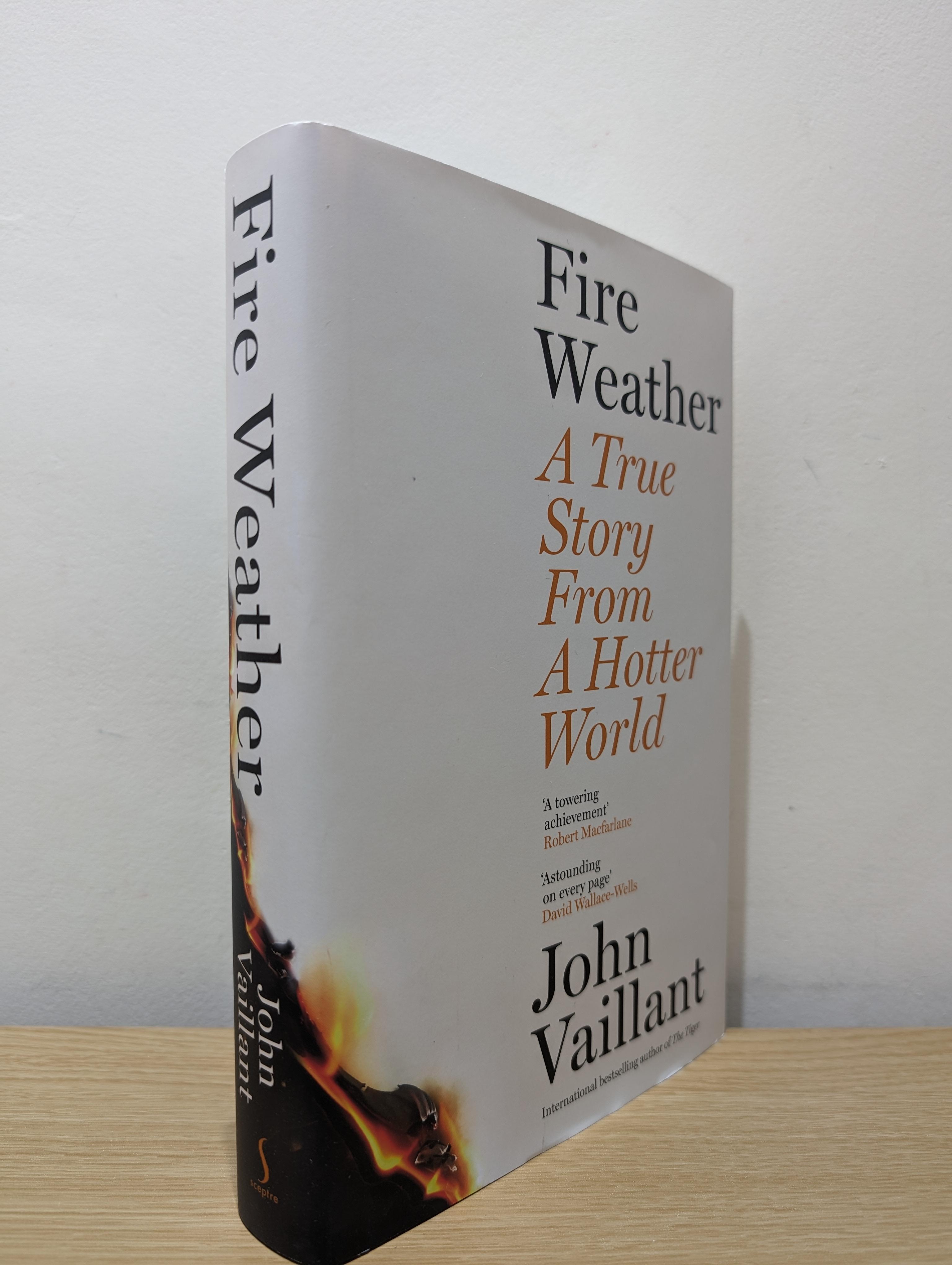
Environment science grew up couple with the oil and car ventures," Vaillant composes, and their prospects are pretty much as connected as their pasts. The quantity of spots confronting destinies like Post McMurray's is quickly expanding, even as "our retribution with modern CO2" moves agonizingly leisurely.
8: The Fraud
This multicolored novel rotates around the genuine preliminary of a late-nineteenth-man, in late-nineteenth-century London, professed to be the successor to a fortune. Smith relates the impressions of a servant as she notices others' assessments of the situation, which spellbound and split people in general, and was convoluted by the declaration of a previously subjugated man from Jamaica.
The rambling story is loaded up with punches at the deception of the high society, characters who question foundations, and conclusions of the pugilistic manner of speaking of contemporary populism; with trademark splendor, Smith makes the many pieces of the story adhere. "Human blunder and dishonesty are all over, temples are flawed, brutality is normal, power bad, the feeble go to the wall," the servant reflects.
9: Grand Tour Books
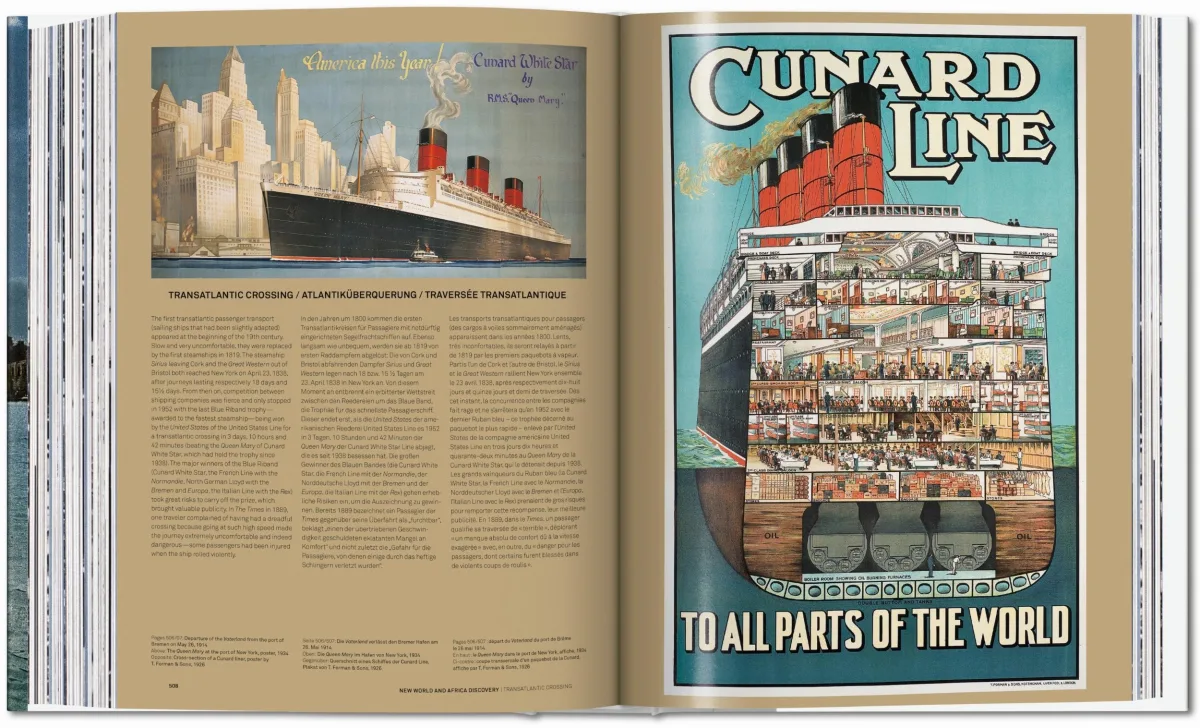
This striking, looking début assortment crosses and inconveniences borders between countries, dialects, sweethearts, the past and the present, the living and the dead; consolidating reflections on craftsmanship and history with adroit perceptions of daily existence, Gonzalez battles with the world's ability for significant misery and for close unendurable magnificence in equivalent measure.
10: The Guest Books
Close to the beginning of "The Visitor," Alex, a sex laborer, is thrown out of a manor by Simon, her prosperous sweetheart. They give off an impression of being on the elegant east finish of Long Island, however the area is rarely named. Alex should settle on a decision: she can get back to the city, where she has no companions, no condo, and a dubiously threatening man behind her, or she can endure Simon's resentment, trusting he'll take her back at his yearly Work Day party, in six days' time.

She picks the last option. Her main devices are a sack of originator garments, a brain hazed by pain relievers, and a perishing telephone. However, what follows is bolting, a class parody shimmed into the pretense of a spine chiller. Since Alex is youthful, pretty, fashionable, and white, the advantaged individuals she meets trust that she's one of them.
They let her into their gatherings, their nation club, their vehicles, their homes. Alex, similar to Cline, is a quintessential gatherer of subtleties, and some portion of the book's pleasure is its portrayal of the one percent their insignificant exchange, their insipidly compatible garments. However, Alex is too inactive a person for vengeance. The book is definitely not a scathing takedown of the rich even a squeamish sign of their insusceptibility.
11: I Am Homeless if This Is Not My Home
In the nineteenth 100 years, Libby, the proprietress of a staying house, keeps in touch with her dead sister about her new man of his word guest, who, we come to learn, is a famous professional killer. The edge shifts; it is 2016, and Finn, an educator, discovers that his ex Lily has committed suicide. Or on the other hand has she? He tracks down her meandering a cemetery, soil ringing her mouth, not profoundly dead at the same time, she says, demise nearby.
She requests to be taken to a body ranch in Tennessee and utilized for criminological exploration; Finn concurs. In this way starts the first of two travels highlighting a cadaver. We perceive shades of the Orpheus legend, get the passing references to Faulkner, however "I'm Destitute on the off chance that This Isn't My Home" feels most directed in its reaction toward an old inquiry in Moore's own work: what's the significance here to return home? A work of decided peculiarity and torment, Moore's new novel is a practically savage sort of accomplishment, cutting open the traditional thoughts of story itself.





